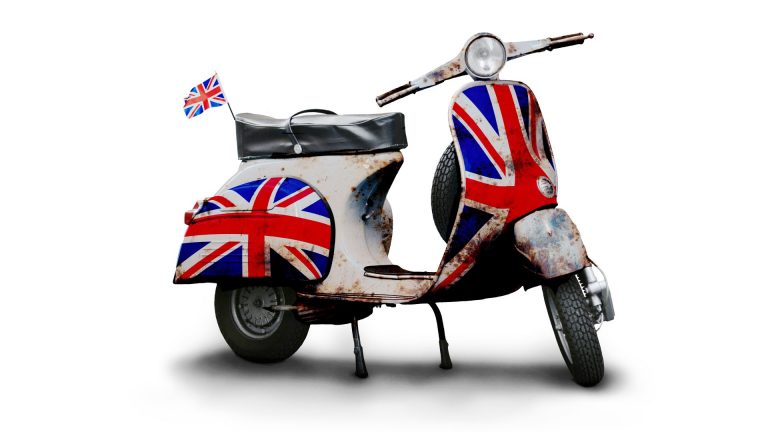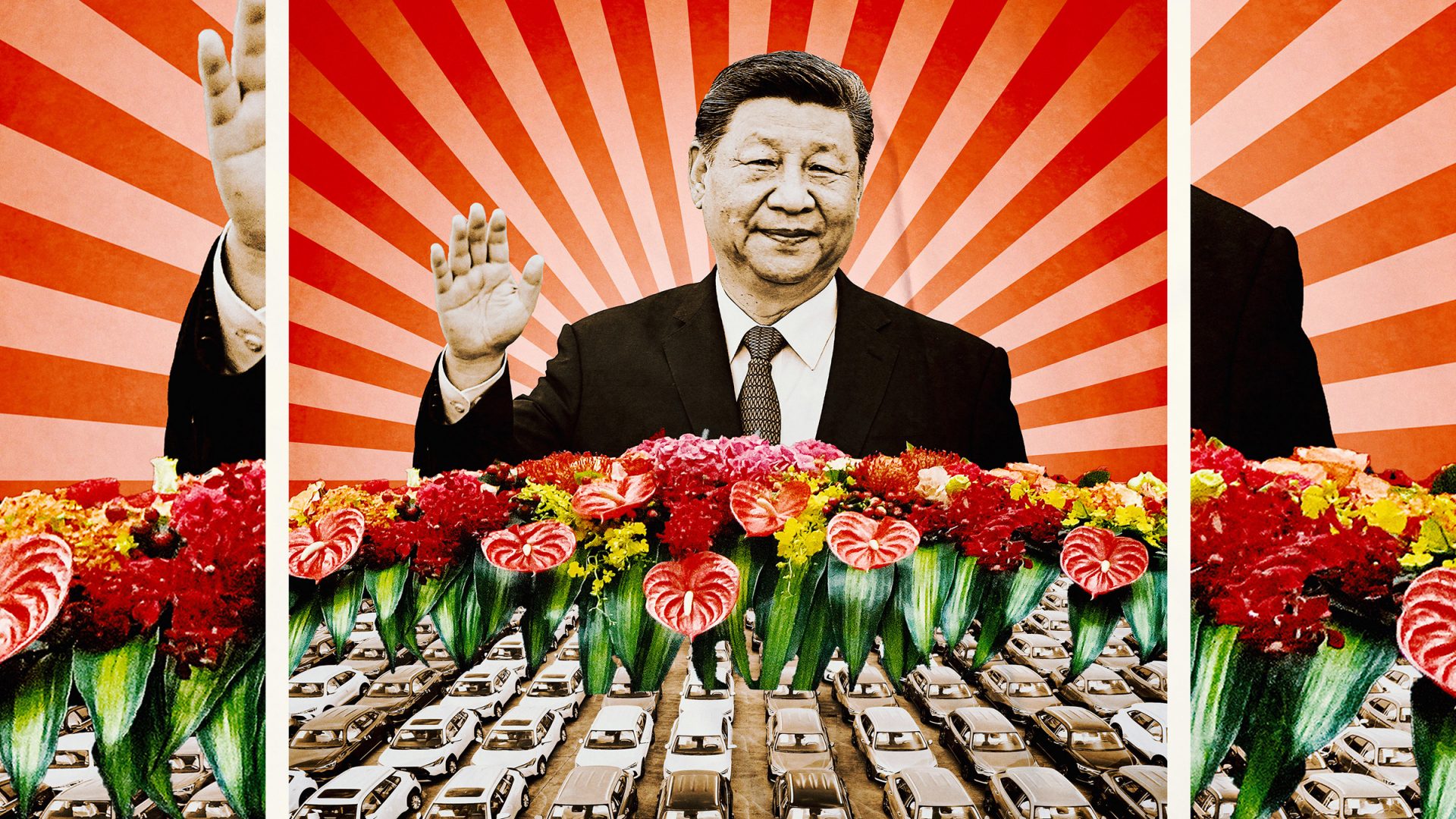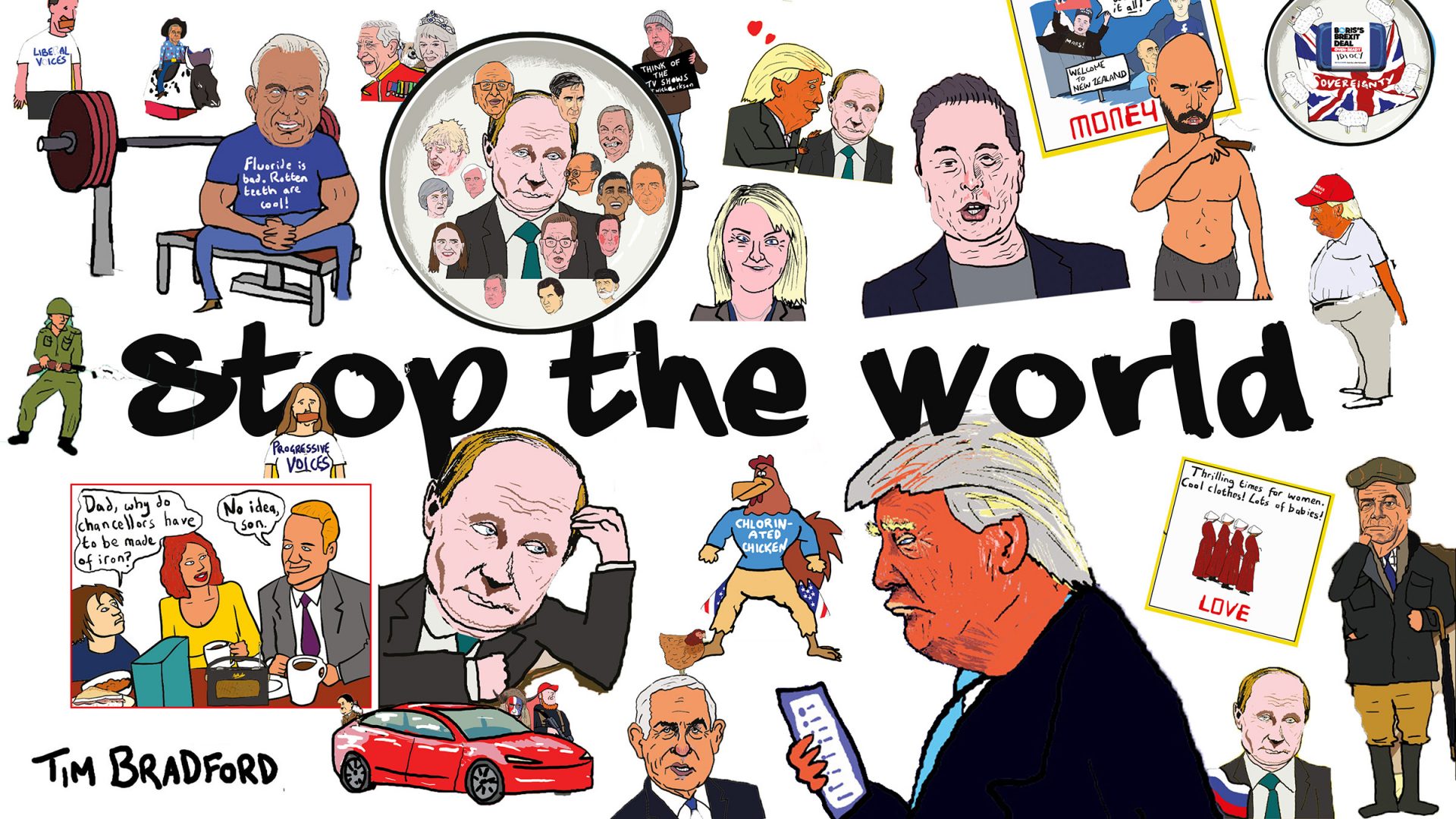The longest journey starts with but a single step, as the old Chinese proverb goes. But my word – the UK has a very long way to go in its “reset” with the EU. What we have seen so far is encouraging, but amounts to little more than baby steps.
The reset that was negotiated this month between Britain and the EU was more about good intentions than immediate change. As Catherine Barnard, professor of European Law at Cambridge University puts it, “it was only a road map to further negotiations. It is long on commitment, but nothing is in stone yet. All the difficult issues have not been resolved.” Things like UK financial contributions, and regulatory alignment, e-gates at airports, a youth mobility scheme and many other things are all to be discussed and decided on later.
Yet as I reported last week, the damage from Brexit is real, painful and ongoing. Brexit has made our exports less attractive and our industries less competitive, and successive governments have not been able to change that. We are losing trade to our rivals.
Which is why the reset is only a start, and a rather disappointing one at that, although some observers are more positive. Paul Adamson, chair of the EU/UK Forum and a Brussels based observer of the EU for years, points out that the deals on improving the “SPS [veterinary] and electricity trading systems, are really single market participation in so many words”, as is the agreement on carbon trading. These are early signs that, when it suits both sides, progress is possible on specific parts of the Single Market. A certain amount of cherry picking may be possible.
In fact, the EU’s ambassador to the UK, Pedro Serrano, has said as much. Speaking at a UKICE event in London on Tuesday, although he described the cherry-picking analogy as “no longer helpful”, he did say that “we have identified a number of issues that are of mutual interest”.
Adamson is also confident that the EU and the member states seem happy to ignore threats from the Tories and others that they will tear up the reset when, or if, they get into power. “They just block out that noise,” he says, for which we should be thankful. Also, although these talks were quite tense at times, they have broken the diplomatic impasse, meaning “there will be a different kind of atmosphere in future negotiations”. Acting like grown-ups brings its own reward.
Suggested Reading


Are we the new Italy?
What’s the next step for the UK? Ignacio Garcia Bercero, a fellow of the Bruegel think tank in Brussels who worked for the European Commission, was its lead negotiator for the Transatlantic Trade and Investment Partnership, the proposed trade deal between the EU and the US. His verdict on the reset is that “it is an encouraging step”, but to make further progress, “it is important to show that things can be delivered – and delivered relatively rapidly”.
Bercero also says that, although there is more that can be done with cherry-picking, there are strict limits on how much can be done. “If you look at the Swiss deal… which may be what the UK should be aiming for, the Swiss have a veterinary agreement, it also has integration into the EU’s electricity market and its linked to a carbon trading scheme like the UK. But the Swiss also have other agreements that are linked to the EU’s Single Market and that includes freedom of movement.”
At the moment, returning to freedom of movement is a politically impossible step in the UK; and Bercero sees this as the real roadblock to a closer relationship. “That limits what the EU can offer to the UK, because unless the UK accepts freedom of movement, that would undermine the agreement the EU has with Switzerland”.
To be blunt, if the EU agreed to everything the UK might want but without London committing to freedom of movement, why should the Swiss stick to their deal, which was only agreed because they allow EU citizens those freedoms in Switzerland? In fact, everyone would be queuing up for such a deal, all the benefits and few of the costs. What’s not to like?
Having said that, Bercero tells me that “not enough has been done to facilitate trade in manufactured goods (between the EU and the UK) and in my view both sides should now be looking at what can be done”. For instance, both he and Barnard say there is an obscure but vital aspect of trade called “conformity assessment” which would be a real win for British industry.
It would allow British testing centres to say that UK goods conform to EU standards. We don’t have this now, and therefore everything must be checked in the EU before it can be sold there. That might not sound like much, but it would be a game changer for UK exporters to the continent or as Barnard puts it, conformity assessment is “boring but practically important.”
As for growth, the CER found that exports are grievously underperforming. When our economy will be lucky if it expands by 1.4% this year this is a huge hit we cannot afford.
Therefore, the only option is to increase our trade with the EU. America has slapped tariffs on us, and the untrustworthy economic illiterate in the White House is in danger of sparking a global trade war. There are other global markets, for example in south east asia, but the most economically beneficial trade is always carried out across the shortest possible distances. Britain needs more trade with Europe. The alternative is a slow, lingering decline.
It still looks like we are in for a sustained period of decline, but it might not be as rapid as previously thought. But only membership of the Single Market can really end that vicious circle. No one thinks that is on the cards for Britain – not yet, at least.




